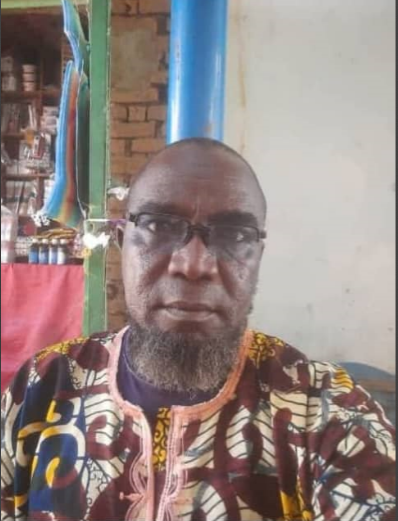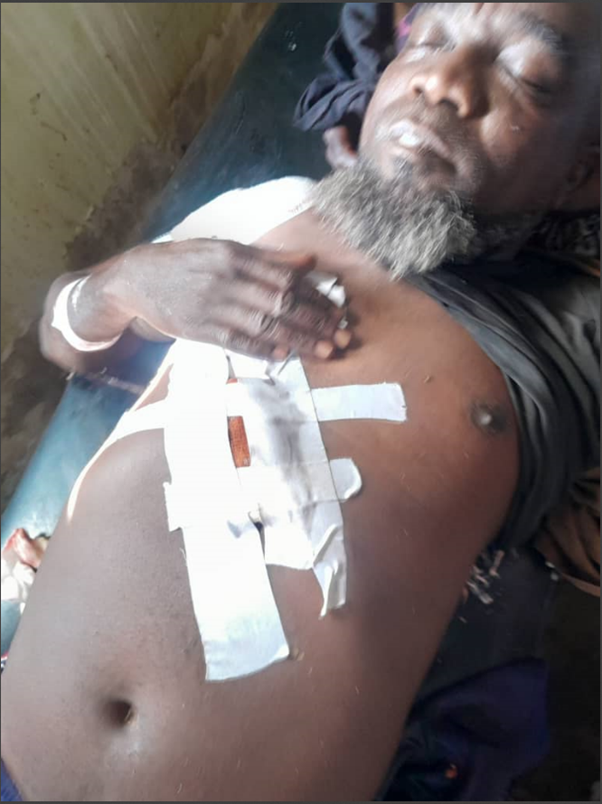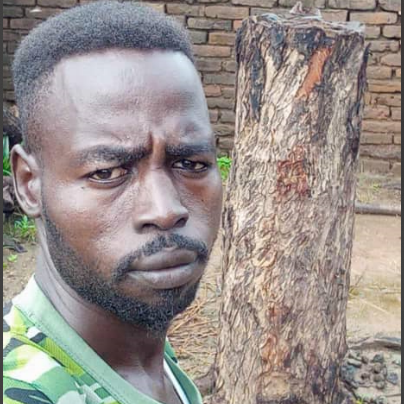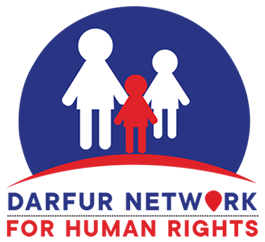On Sunday, December 15, 2024, two civilians; Musa (48) and Haytham Osman Hussein (27) lost their lives during a surge of violence linked to the Rapid Support Forces (RSF) in Dileij, Wadi-Saleh locality, Central Darfur State. These tragic incidents highlight the persistent risks faced by civilians in the region.
Incident 1: The Death of Haytham Osman Hussein
In the Dileij market, two RSF members entered a local cafeteria, consumed juice, and refused to pay. When Haytham Osman Hussein, the cafeteria worker, demanded payment, they assaulted him with a gun’s butt. His injuries were severe, and despite being taken to Dileij Rural Hospital, he passed away on December 16, 2024. This senseless act underscores the unchecked power of RSF members and the dangers civilians face when holding perpetrators accountable.


Incident 2: The Killing of Musa and Subsequent Violence
Later that evening, residents discovered a young Arab tribesman dead on the outskirts of Dileij. In response, armed individuals, reportedly in RSF uniforms and using RSF vehicles, retaliated against the northern and Al Salam neighborhoods. During these attacks:
- Musa, a tailor in the local market, was killed.
- Three women sustained injuries.
- Civilian properties were looted, further devastating the community.
These attacks left residents shaken and struggling to recover from the dual tragedies.

The Need for Accountability and Civilian Protection
These events reveal critical gaps in the protection of civilians and the enforcement of accountability. The fear of reprisals prevents community members from seeking justice or questioning those responsible. This environment not only perpetuates violence but also undermines the rule of law in conflict-affected areas.
Call to Action
To address these issues, the Darfur Network for Human Rights (DNHR) calls for the following:
- Independent Investigations: Authorities must conduct prompt, impartial inquiries into the killings and associated violence to bring perpetrators to justice.
- Enhanced Civilian Protection: Governments and international organizations should implement robust security measures and enforce oversight of armed forces.
- Support for Victims: Victims and their families need access to medical care, legal aid, and compensation to help rebuild their lives.
- International Engagement: The global community must intensify pressure on all parties to end impunity, prevent further violence, and promote justice for affected communities.
Conclusion
The Darfur Network for Human Rights (DNHR) remains steadfast in its mission to document human rights violations, advocate for victims, and collaborate with international partners to restore justice and peace. Without immediate action, incidents like those in Dileij will continue to endanger civilians and destabilize communities.
